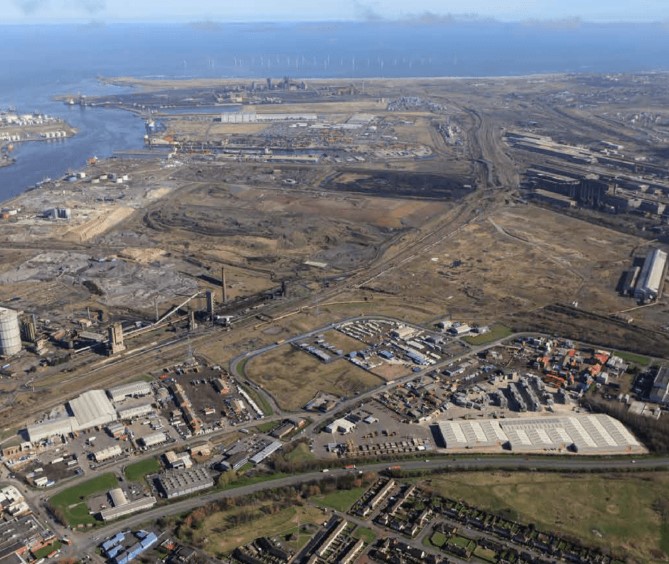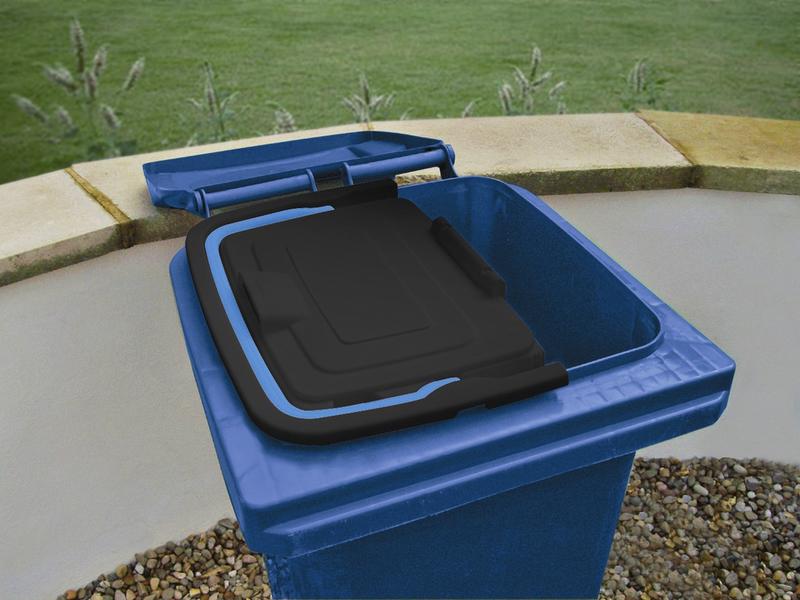The in-house council team collects residual waste in green bins and recycling in blue bins on alternate weeks. The council also provides a black caddy inside the blue bins so residents can recycle rinsed glass bottles and jars.
Just 20,000 of the 90,000 tonnes (around 22%) of waste produced by residents went into their blue bins, according to a report from Cllr Jane Byrne, Newcastle’s cabinet member for a connected, clean city, which went before the council on 1 February.
She said: “Nearly 3,000 tonnes of the recycling was so poor quality it could not be sent for recycling.”
The report says Newcastle has mobilised pilot schemes to combat contamination as part of its ‘Right Waste – Right Place’ campaign. These schemes include sending residents letters, tagging bins and doorstep engagement.
Cost pressures
Within her report, Cllr Byrne addresses further challenges faced by Newcastle in relation to waste and recycling.

Cost pressures from spiralling inflation pose a “significant challenge”, Cllr Byrne says, with the inflation on the council’s waste disposal contracts in 2021/22 expected to be around £1.5 million.
She writes: “Ongoing funding cuts present a huge challenge and changes to policy will place further strain on resources with expected changes in garden waste collections, the introduction of food waste collection, and ‘consistent collections’ proposals from the Environment Agency.”
Her report shows Newcastle expects to spend £19.8 million on and make £1.5 million via its waste collections, contracts and management in 2022/23, giving it a net budget of £18.3 million.
Challenges
Cllr Byrne also says the procurement of an energy from waste (EfW) facility to divert residual waste from landfill has been impacted by issues with power offtake and global market volatility caused by Russia’s invasion of Ukraine, resulting in delays and increased costs. Newcastle is one of seven North East councils involved in the £300 million plans for an EfW plant to be built on a 22-acre brownfield site in Redcar and Cleveland (see letsrecycle.com story).

Elsewhere, Cllr Byrne says the city’s fleet continues to prove challenging to the council as they have an “inability to make repairs quickly due to the availability of parts”.
She writes: “This is compounded by the financial burden of the spiralling cost of diesel and change in legislation on red diesel. These factors increase the cost of our core waste disposal operations.”
However, she notes that the council has continued to improve its efficiency by adopting technology such as bin capacity sensors and geospatial solutions to optimise grass cutting and waste collection routes.
Newcastle
Newcastle city council is responsible for supporting a population of approximately 272,000 residents across 136,500 homes and 10,000 businesses.
In 2020/21, the latest financial year for which verified data is available, Newcastle had a household waste recycling rate of 40.6%.
Hartlepool-based J&B Recycling announced in March 2021 it had been awarded a two-year contract extension worth £2.5 million per annum to process separately collected glass and commingled recyclables for North Tyneside and Newcastle city councils.












Subscribe for free